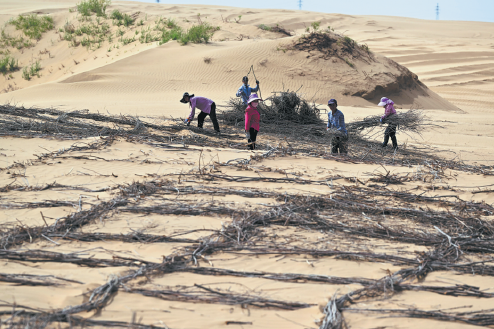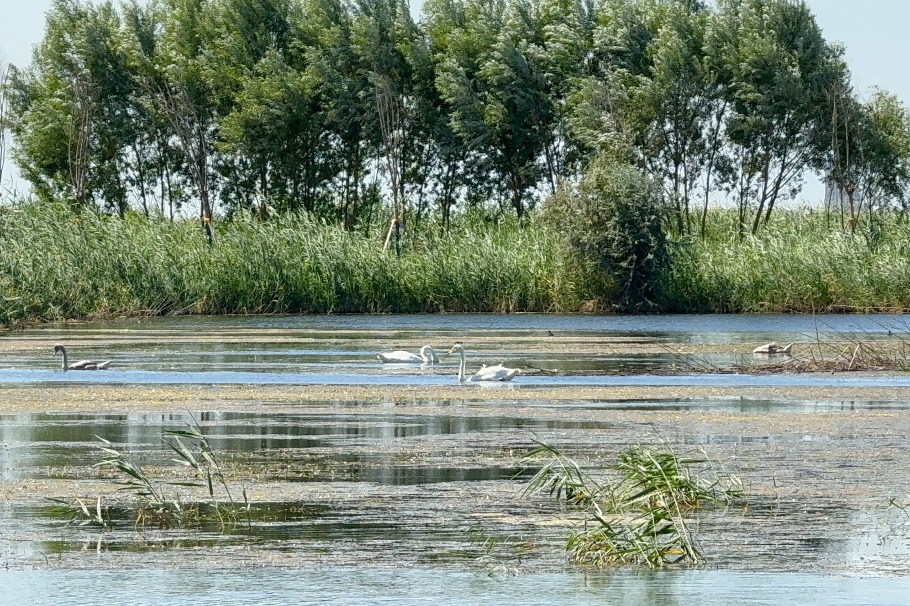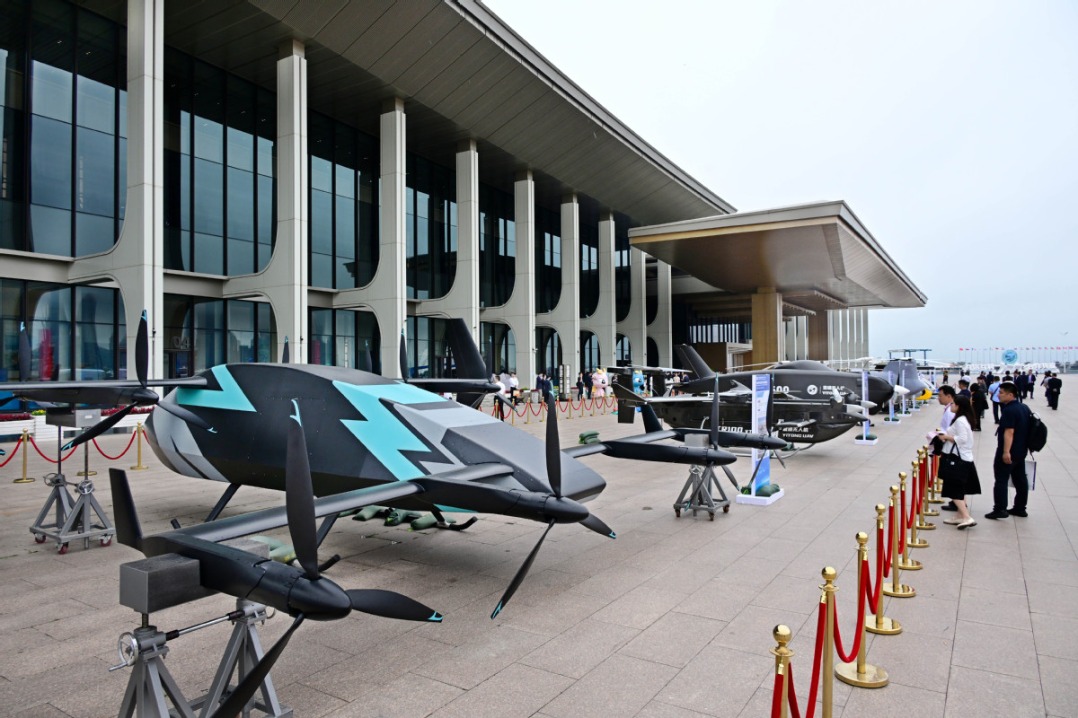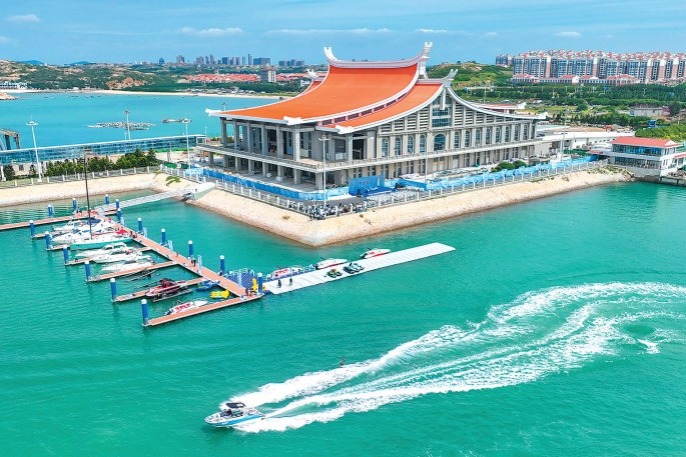Jushi subsidiary flourishing in highly competitive world fiberglass industry

Jushi Egypt for Fiberglass Industry S.A.E, a subsidiary of Chinese fiberglass giant China Jushi, has become the largest fiberglass manufacturing base in the Middle East and North Africa, making great contributions to Egyptian economic and social development.
Established in Suez in 2012, the company is Egypt's first fiberglass producer. It has three advanced production lines, with an annual fiberglass output of 200,000 metric tons.
The plant is now the largest China-funded manufacturing enterprise in Egypt as well as China's largest overseas fiberglass project, the company said. Its total assets have doubled over the past decade and its revenue increased about 2.67 times.
Jushi Egypt injected impetus into the Egyptian fiberglass industry and exerted a positive effect on upstream and downstream industries, such as mineral processing, wind power and pipeline manufacturing, a representative from China Jushi said.
Currently, Egypt is the fourth-largest maker of fiberglass in the world, with more than 95 percent of its products exported to Europe and the Americas, according to China Jushi.
The whole industrial chain has gained great momentum as a growing number of fiberglass-related companies were attracted to Egypt, the representative added.
Amr Nassar, Egypt's former minister of trade and industry, said Jushi company filled the gap in Africa for the fiberglass industry. "It also helped Egypt make the best of its rich mineral resources and promoted local economic growth," Nassar said.
In the past 10 years, Jushi Egypt paid taxes of 740 million Egyptian pounds ($30.08 million) and its foreign currency earnings totaled $1 billion.
Zhang Yuqiang, president of China Jushi, said that in addition to economic profits, the enterprise is committed to its social responsibilities and bringing benefits to local residents.
Jushi Egypt now has 1,950 employees and about 98 percent are Egyptians.
"We instructed local people in fiberglass-making techniques and allowed them to get into the top and middle management," said Wu Ping, general manager of Jushi Egypt.
It is conducive to their career development and helps the company break cultural barriers and expand markets in Egypt, Wu said.
One of the Egyptian employees is Ahmed Soliman, who joined Jushi Egypt in 2012 and then received six-month technical training in China.
Soliman had been awarded the title of outstanding employee for three consecutive years due to his excellent job performance and became the first Egyptian executive in charge of production at Jushi.
"During the nine years in Jushi, I grew from a university graduate to an experienced manager, which I could not expect before," Soliman said.
He added he was very grateful for the enterprise and Chinese colleagues who taught him and encouraged him. "We are almost like families here," Soliman said.
Jushi Egypt attaches much importance to staff welfare, offering employees free dormitories, gyms, supermarkets and healthcare centers. Considering most Egyptian workers are Muslims, it established prayer rooms and special canteens.
The company also participates in charity events regularly, donating daily necessities to orphanages and poor residents in surrounding communities.
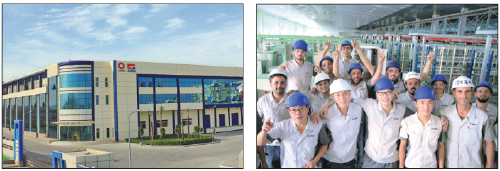
Today's Top News
- Exemplary vision drives development
- Lasting bond honors Flying Tigers legacy
- Monetary easing to persist in near term
- Trump, Zelensky, European leaders hold multilateral talks
- China firmly reaffirms sovereignty over Taiwan
- A-share market surges past 100 trillion yuan milestone


















